Palazzolo Acreide is an active and eventful town.
In the town centre there are some interesting museums that tell the story of Palazzolo and new technology. For example, there is the Museo dell’Informatica Funzionante in Via Carnevale 17, founded by three organisations passionate about computer science.
At the museum, visitors both in person and remotely via the Internet can learn about the history of computer science, use historical computers and learn how they worked.
Another museum is the Museo dei Viaggiatori in Sicilia located in Palazzo Vaccaro. It is home to the engravings of artists and architects who over the centuries have drawn the monuments, costumes, natural phenomena and exotic plants of Sicily. 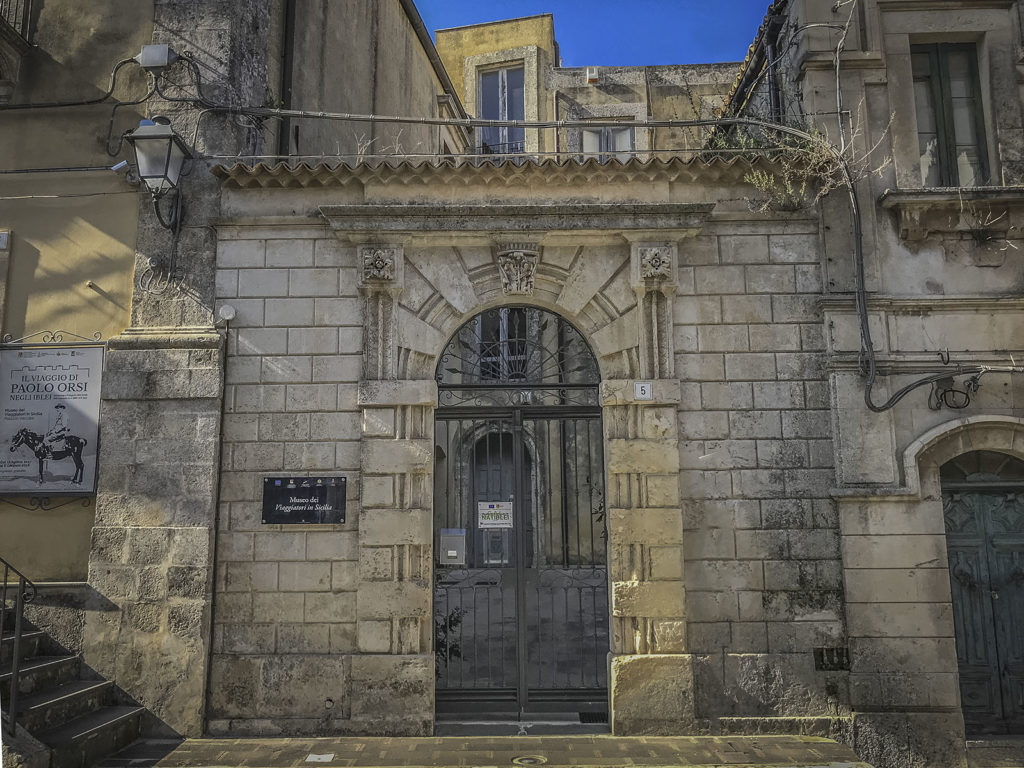 Next is the Gabriele Judica Archaeological Museum in Palazzo Cappellani, which houses findings from the ancient Greek city of Akrai: vases, everyday objects, a Greek stele, ointments and prehistoric artefacts. Last but not least is the
Antonino Uccello Birthplace Museum
Next is the Gabriele Judica Archaeological Museum in Palazzo Cappellani, which houses findings from the ancient Greek city of Akrai: vases, everyday objects, a Greek stele, ointments and prehistoric artefacts. Last but not least is the
Antonino Uccello Birthplace Museum
.
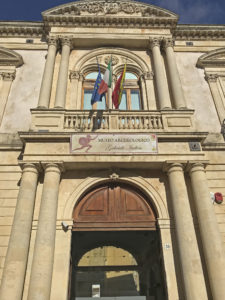
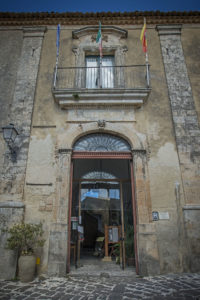
Here, local tradition is housed inside the noble palace of the Ferla family.
In the museum you can find objects that document rural life: tools used by shepherds, furniture and everyday ceramics, figurines from nativity scenes,
puppets
and typical
carts
, veritable works of art of Sicilian craftsmanship.
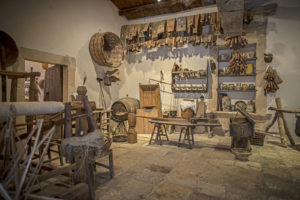
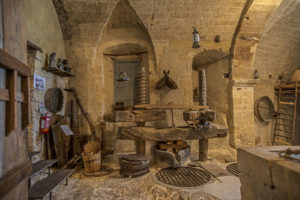
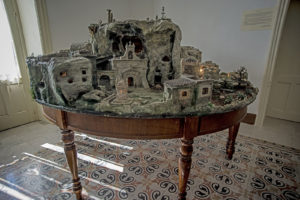
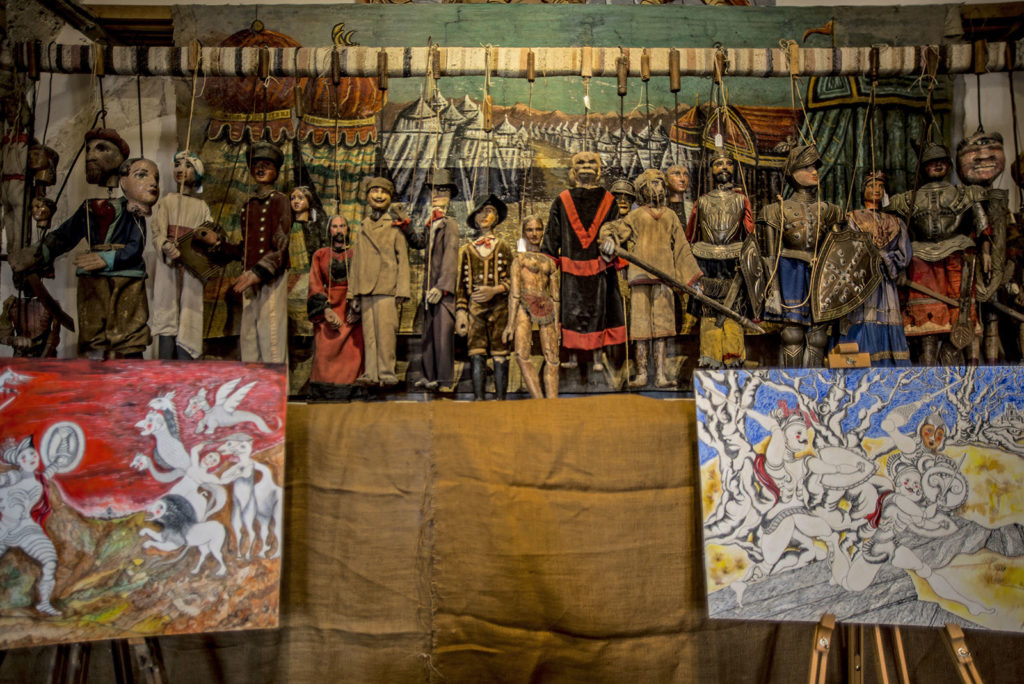
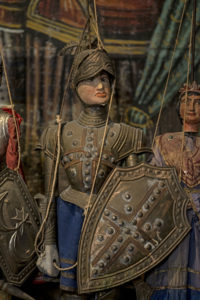
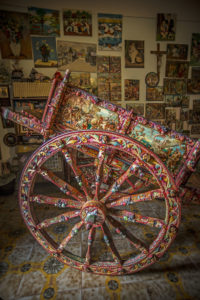
Just outside the town centre you can visit the archaeological site of Akrai and the Santa Lucia Water Mill, managed by the Association for the Conservation of Hyblaean Popular Culture.